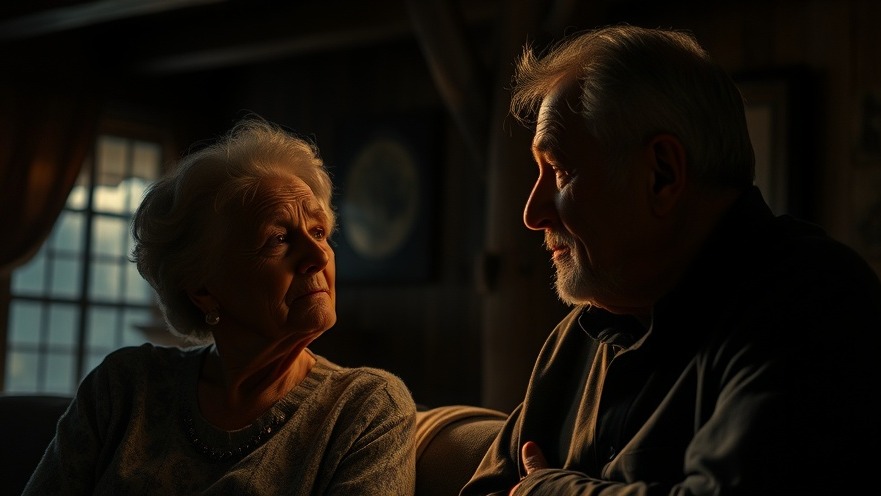
From Death Sentence to Longevity: A Radical Shift
For many, the diagnosis of HIV was akin to receiving a death sentence. However, advancements in antiretroviral therapy have transformed the lives of millions across Africa, allowing them not only to survive but to witness a demographic shift toward aging populations grappling with the multifaceted challenges of old age. Joseph Malagho, a 70-year-old man living in Uganda, epitomizes this struggle. After being diagnosed approximately five years ago, he has faced a decline in health, exacerbated by tuberculosis and inadequate living conditions. His experience underscores a vital narrative in global health: survival is just the beginning.
The Aging HIV Population: Challenges Ahead
As the survival rate from HIV improves, attention turns to the daunting realities that many survivors like Malagho face. Aging with HIV presents unique health challenges. With the transformation of the AIDS crisis, healthcare systems now grapple with providing care to an older demographic that often lacks resources. The infrastructure that was never designed for an aging population is now being stress-tested, as individuals who once faced death now deal with the complexities of long-term care, chronic illnesses, and the need for comprehensive health services.
A Community Response: Addressing Health Needs
In communities like Nkulagirire, initiatives such as Reach One Touch One do vital work, trying to meet the needs of the aging HIV population. They provide food and medicine, support housing repairs, and assist with essential medical care. However, their reach is limited, and the growing demand for services far exceeds what these organizations can provide. Grace Nabanoba, a field worker, shares the emotional toll that such encounters take on caregivers and the system. As the older generation of HIV survivors like Malagho continues to navigate socio-economic barriers, it presents an urgent call for communities to act.
Societal Implications of Health and Wellness
Understanding the intersection of health and wellness becomes even more critical when examining the lives of older adults living with HIV. Community health initiatives are key in tackling the myriad of health issues faced by this demographic. With a focus on holistic health practices, there is an opportunity to introduce wellness programs tailored to their specific needs. Initiatives aimed at nutrition, physical activity, and mental wellness can significantly enhance the quality of life for seniors dealing with chronic disease. With an active health and wellness community, there is hope for achieving optimal health for these individuals.
The Future: Embracing Change for Greater Longevity
Looking ahead, it’s vital to shift perspectives on aging with HIV. We must advocate for policies that prioritize health care resources specifically for older adults. Lawmakers, health organizations, and community advocates need to collaborate to establish comprehensive health and wellness frameworks. This includes developing better healthcare access, support networks, and educational resources to empower older adults. As survival rates increase, so must our efforts to build systems that support a thriving, healthy aging population in the face of chronic illness.
Call to Action: A Unified Effort for Change
For those moved by stories like Joseph Malagho’s, engaging with community health initiatives is essential. Supporting local organizations committed to the elderly and those living with HIV can create a ripple effect of positive change. By advocating for better policies, investing in health and wellness programs, and raising awareness, we can help improve the lives of many who have long been underserved. It’s time to raise our voices together for a future where all individuals can age with dignity and health.
 Add Element
Add Element  Add Row
Add Row 




Write A Comment